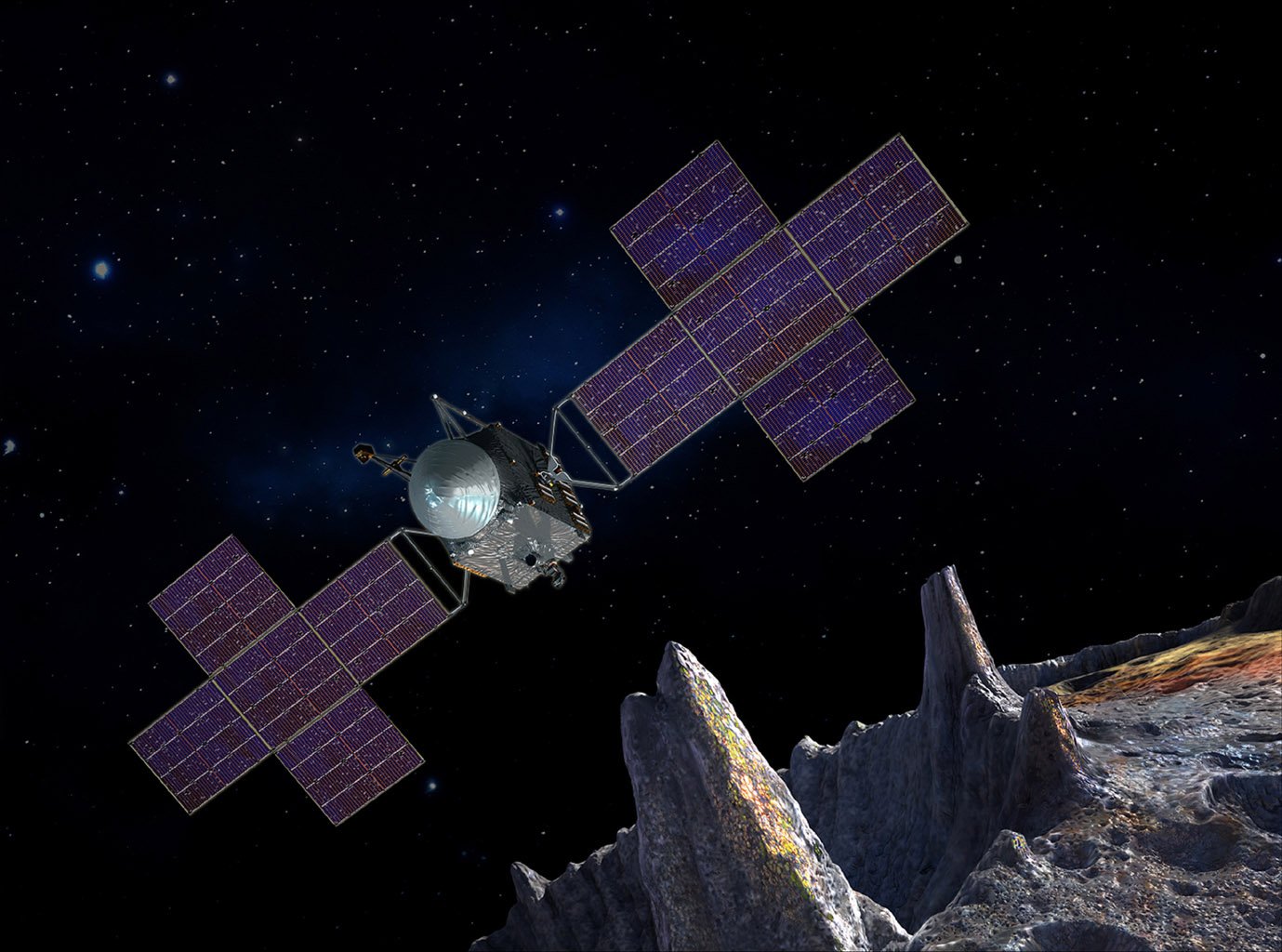NASA's laser communications demo sends data from over 140 million miles away

- Country:
- United States
NASA’s Deep Space Optical Communications (DSOC), an experiment riding aboard the agency's Psyche spacecraft, recently sent a copy of engineering data from over 140 million miles (226 million kilometers) away - one-and-a-half times the distance between Earth and the Sun.
After launching on Oct. 13, 2023, the spacecraft is on its way to the main asteroid belt between Mars and Jupiter to visit the asteroid Psyche. Although the asteroid-bound spacecraft does not primarily depend on optical communications for data transmission, this experiment has showcased its robust capabilities in this domain.
This laser communications technology is designed to transmit data 10 to 100 times faster than current radio frequency systems employed by deep space missions.
During the April 8 test, the spacecraft transmitted test data at a maximum rate of 25 Mbps, which far surpasses the project’s goal of proving at least 1 Mbps was possible at that distance.
"We downlinked about 10 minutes of duplicated spacecraft data during a pass on April 8. Until then, we’d been sending test and diagnostic data in our downlinks from Psyche. This represents a significant milestone for the project by showing how optical communications can interface with a spacecraft's radio frequency comms system," said Meera Srinivasan, the project’s operations lead at NASA's Jet Propulsion Laboratory in Southern California.
Earth >> << PsycheDSOC, a tech demo on #MissionToPsyche, works so well that it has graduated from sending pre-loaded test data (remember Taters the laser cat?) to transmitting actual spacecraft telemetry: https://t.co/Ly6pzLKryY pic.twitter.com/nNUewrYXIr
— NASA JPL (@NASAJPL) April 25, 2024
The success of NASA's DSOC experiment provides a glimpse into how future space missions could use optical or laser communications to enable higher-data-rate communications of complex scientific information as well as high-definition imagery and video to support humanity’s next giant leap in space exploration - sending humans to Mars.










